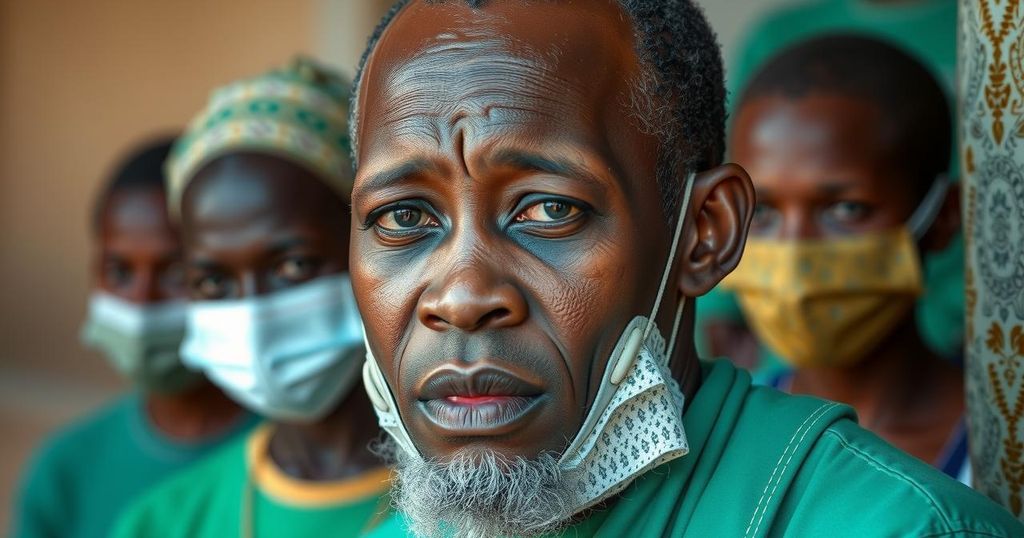Deepfake technology is increasingly being used to create fake videos of Donald Trump, targeting Kenya and Nigeria. These videos falsely depict Trump threatening funding cuts to Kenya unless government actions are taken and allege changes to U.S. immigration policies affecting Nigeria. This manipulation poses significant risks to both political stability and public perception within these nations.
Recent developments surrounding Donald Trump’s re-election campaign have led to an alarming increase in deepfake technology utilization, particularly affecting individuals and governments in Kenya and Nigeria. Numerous AI-generated videos featuring Trump have surfaced, depicting him allegedly issuing threats to both nations. These fabricated clips suggest that the United States will withdraw financial support from Kenya unless President William Ruto addresses concerns about abductions. Similarly, some videos claim Trump has proposed changes to U.S. immigration policy affecting Nigeria, sparking widespread apprehension and confusion in these regions.
The rise of deepfake technology represents a significant challenge in global media, particularly in politically charged contexts. As countries like Kenya and Nigeria navigate complex political landscapes, the dissemination of manipulated content can engender distrust and incite public unrest. The current anticipation regarding Trump’s policies adds another layer of concern, as citizens and officials grapple with the implications of misleading information, which has the potential to alter diplomatic relations and impact national security.
In summary, the proliferation of deepfake videos featuring Donald Trump is creating a precarious situation for governments and citizens in Kenya and Nigeria. As these countries face threats purportedly from the U.S. due to misunderstanding and misinformation, it is crucial to approach the consumption of digital content critically. The implications of such technology underscore the need for vigilance against manipulated media in shaping political narratives and public sentiment.
Original Source: www.firstpost.com






